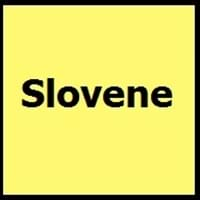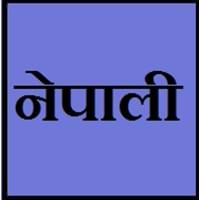Slovene vs Nepali
- The Freising Monuments is the oldest preserved records of written Slovene from 10th century.
- The first Slovene book was printed in 1550.
- Before the term "Nepali" was coined, historically the language was first called the Khas language, Gorkhali or Gukhali.
- Nepali has borrowed many loanwords from neighboring Tibeto-Burmese languages.
Slovene and Nepali Language History
Comparison of Slovene vs Nepali language history gives us differences between origin of Slovene and Nepali language. History of Slovene language states that this language originated in 972-1093 whereas history of Nepali language states that this language originated in 19 BC. Family of the language also forms a part of history of that language. More on language families of these languages can be found out on Slovene and Nepali Language History.
Slovene and Nepali Greetings
People around the world use different languages to interact with each other. Even if we cannot communicate fluently in any language, it will always be beneficial to know about some of the common greetings or phrases from that language. This is where Slovene and Nepali greetings helps you to understand basic phrases in Slovene and Nepali language. Slovene word for "Hello" is Halo or Nepali word for "Thank You" is धन्यवाद (dhanyabad). Find more of such common Slovene Greetings and Nepali Greetings. These greetings will help you to be more confident when conversing with natives that speak these languages.
Slovene vs Nepali Difficulty
The Slovene vs Nepali difficulty level basically depends on the number of Slovene Alphabets and Nepali Alphabets. Also the number of vowels and consonants in the language plays an important role in deciding the difficulty level of that language. The important points to be considered when we compare Slovene and Nepali are the origin, speaking countries, language family, different greetings, speaking population of these languages. Want to know in Slovene and Nepali, which language is harder to learn? Time required to learn Slovene is 44 weeks while to learn Nepali time required is 44 weeks.





